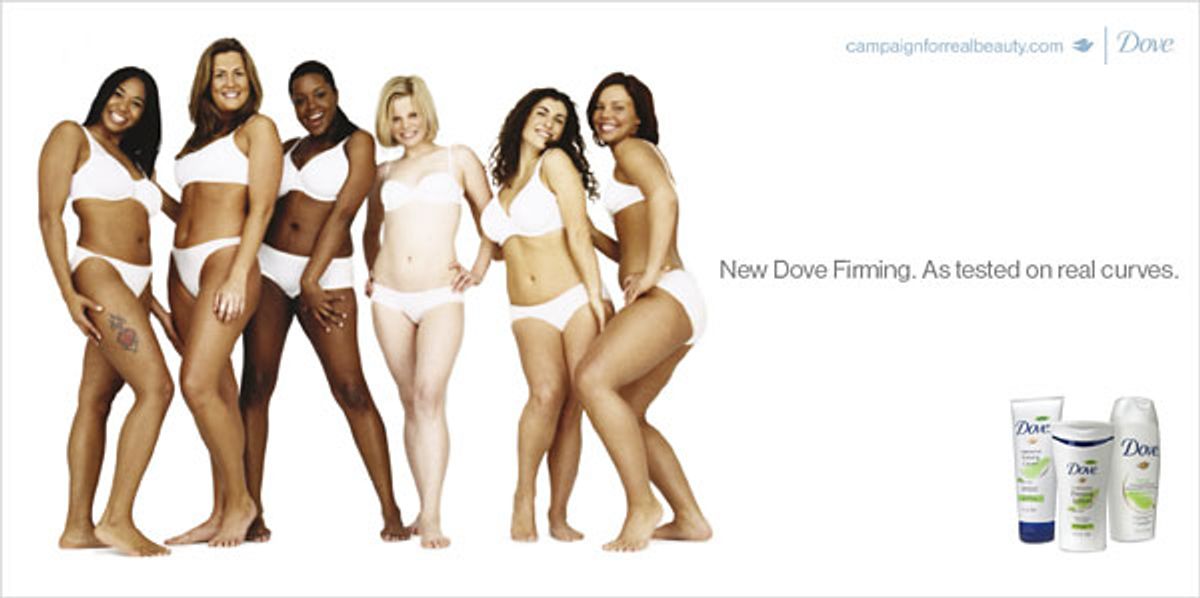Consumers like to know that their money is going to a good place. Buzzwords like fair trade and eco friendly, or a company that donates 5% of their revenue to a good cause – it all sounds great from a marketing standpoint. Consumers want to buy products that are doing good things for the world, or for pet causes that interest them.
What ethics means for marketing
Let’s look at what ethics mean in terms of marketing. For many people, ethics are about innate feelings about what is right or wrong. For others, right and wrong are ordained by their religious beliefs. For most people, practicing good ethics means that in their view, they are following the law and what it requires. Many people don’t actually know how to define ethics for themselves.
What it all boils down to is that in marketing, philosophical definitions of ethics don’t really apply – it comes down to human standards and how people feel about where their money goes. For a lot of people, it’s not just about knowing that their money is going to make a difference. It’s also about making a personal statement. If someone only buys fair trade coffee, you can bet that person is taking an individual stand, and they’re going to make it known.
What consumers are buying into
When it comes to advertising, some of the age-old marketing campaigns simply aren’t working anymore, and this is because consumers have new priorities. As it turns out, sex doesn’t sell at this juncture – not like it used to. “Bad boy” type commercials for products like alcoholic beverages or certain types of food are, at this juncture, a little outrageous, and it shows. A lot of companies are turning to more refined, “classier” kinds of advertisements for the same products.
Let’s look at one particular campaign: Dove’s famous Campaign for Real Beauty, where the entire run of ads focuses on models of all shapes and sizes whose photos are minimally retouched. Dove refers to this campaign as a “social mission,” revolving it around “listening to women” to make people feel more confident about their body types. For a lot of women, that meant that they felt like a high-end corporation was listening to them. Dove did something right.
Of course, fair trade and real beauty alone are not going to cut it. Marketing has to focus on quality in addition to buying into a good cause. Companies like Starbucks have invested in being more socially and environmentally conscious, which means they also have to keep up their reputation for making great quality coffee!
What brands do you think of in terms of ethical branding? Does your business subscribe to any ethical guidelines?
![]()



Shares